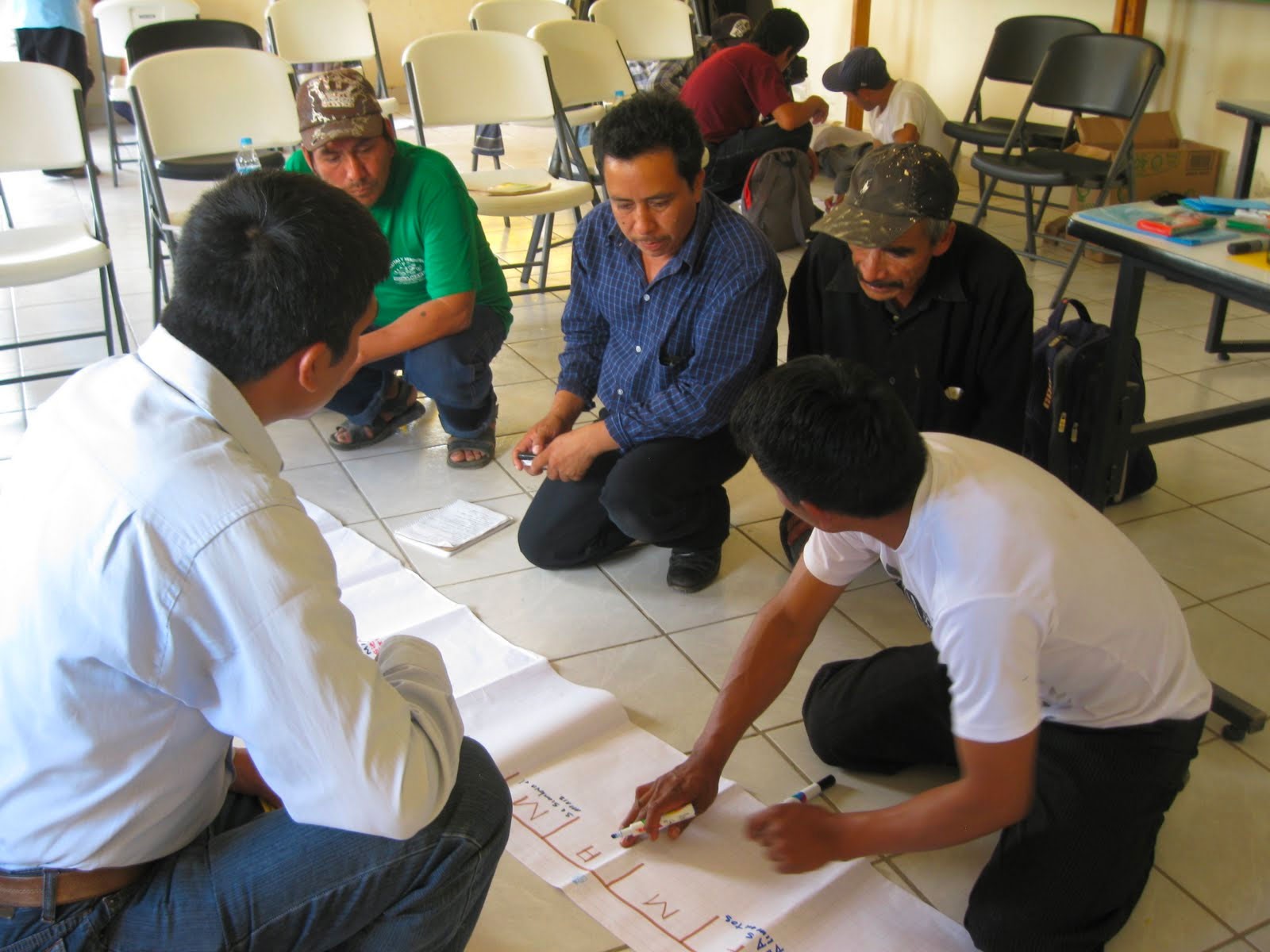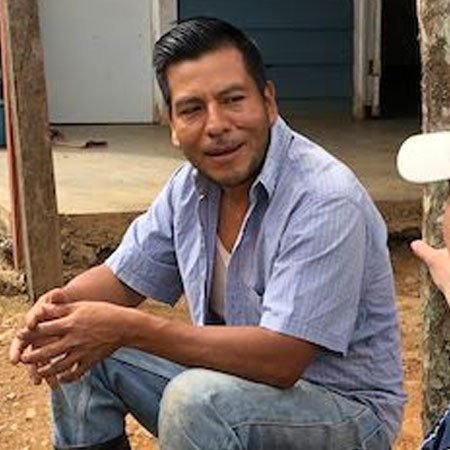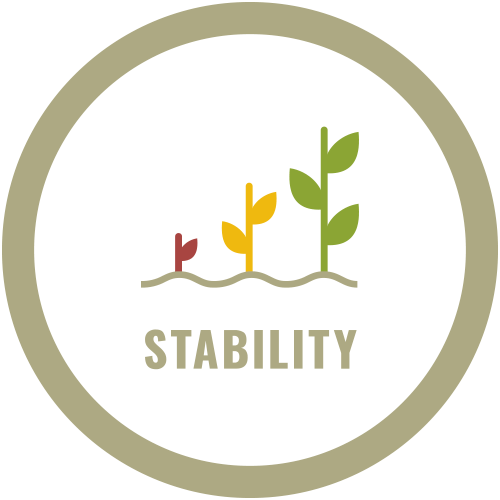Mexico:
CESMACH
Farm diversification into beekeeping boosts income, improving livelihoods and nutrition
Chiapas, Mexico
Partner since 2013
660 small-scale farming families
CESMACH is a coffee cooperative of 660 members in Chiapas. Most farm coffee organically in the El Triunfo Bioreserve buffer zone, an area that protects the nearby and important cloud forest and tropical rainforest ecosystems.
We began working with CESMACH in 2013, after coffee rust struck and devastated coffee farms throughout Latin America, to develop effective long-term strategies to overcome food insecurity and inadequate coffee livelihoods.
The Opportunity
For years, CESMACH families have been confronting the challenges of low coffee prices and devastating effects of climate change. Most families here face two and a half months of food scarcity every year. Developing a long-term, comprehensive plan for food security — and making it possible to act on that plan –is fundamental to making these families and communities more resilient.
Together, we identified beekeeping as a key strategy to build better livelihoods and nutrition. The cooperative had begun beekeeping activities several years earlier, and already had 50 members who had learned basic beekeeping skills.
The Diagnosis

CESMACH members participating in food security workshops.
CESMACH wanted to add more beekeepers and convert their home beekeeping project into a commercial enterprise to increase honey production for export. We provided planning, monitoring systems, business development and financial systems planning, training, materials, and capacity-building for the organization to help them ramp up and turn beekeeping into a successful business venture. Along with honey, they’re now marketing other bee products like pollen, wax and propolis. Bees have delivered another important benefit to CESMACH coffee farmers: their pollination services are increasing yields and quality of coffee and food crops.
Our partnership goal is to help the co-op grow and professionalize their beekeeping program. CESMACH’s beekeeping ranks have now grown to 86, with all participants using organic methods, and in 2019, honey production increased by 95 percent, to 45,000 pounds.
Key Strategies
- Develop “apiary school” and communal training
- Finance new businesses: each beekeeper receives hives and purchases supplies through short term, low interest loan managed by the co-op
- Formalize a separate honey business entity, “Real de Triunfo,” under the CESMACH umbrella
- Create monitoring and evaluation systems, train cooperative staff to track progress and impact.
Our implementing partner here is Ecosur. This ecological college in Chiapas conducts scientific research in southern Mexico, with a focus on environmental, economic, and social problems, and sustainable development. Together, we’ve conducted surveys of all participants and their families, integrated the information into the design of the program, and have now completed 5 years of technical and business training, for both families and the CESMACH organization. Their beekeepers are successful and more families are waiting to join this new venture.

COMMUNITY HIGHLIGHT
Candido and Seleni Perez
When Candido first joined our beekeeping program back in 2015, he didn’t expect much. He and his family faced 4 months of food insecurity every year; coffee simply wasn’t enough to cover their basic needs. But after completing the training program and going out on his own, he and his wife Seleni saw their income from honey transform the family farm.
They now have 36 hives, with enough income from honey to properly invest in their coffee plots, and more than enough left to buy food all year long. They’ve completely eliminated those months of food insecurity, and have invested in a small convenience store that Seleni manages.



